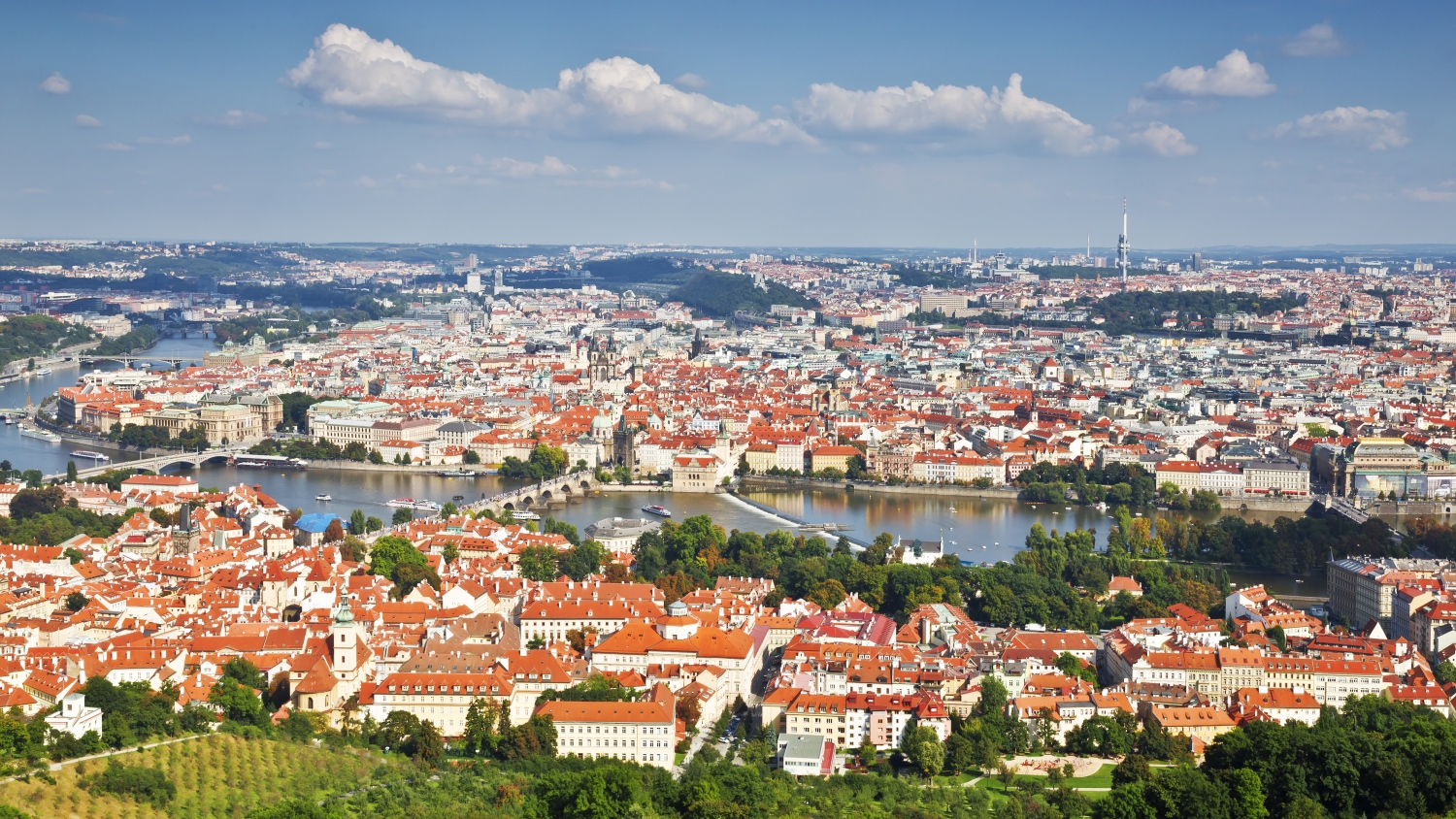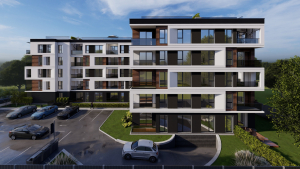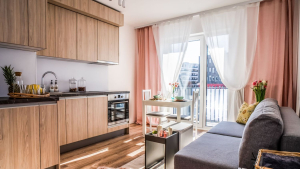
The average price of an older apartment in the Czech Republic exceeded CZK 90,000 per sqm for the first time in Q1 2022, according to a study by the real estate group European Housing Services (EHS). In Prague, an older apartment costs more than 120,000 per sqm and in Brno, it is over 90,000. Rents have returned to prices before the coronavirus crisis, the Czech News Agency quotes the EHS report.
According to European Housing Services (EHS) which uses data from its founding members - real estate services Bezrealitky and Maxima Reality, the average price of an older apartment in the Czech Republic has risen to CZK 90,372 per sqm, while at the end of last year it was CZK 85,166. In Prague, it rose to CZK 122,896 from 112,000 (Q4 last year). In Brno, prices are rising significantly for the second year and have reached CZK 92,100 per sqm (last year CZK 87,500).
"The end of last year indicated a gradual cooling in virtually all important regions, with the exception of the South Moravian Region. However, the society-wide discussion connected with the increase in the price of mortgages and the new rules for granting them, which came into force in April, activated all those who were considering buying their own home. So even Prague households that only last year made it clear that prices were too high for them have managed to scrape together their savings," said Jan Škrabánek, head of the digital real estate service Bezrealitky.
The average price of an older apartment sold in Prague rose 3.8 percent to CZK 7.8 million compared to the previous quarter. According to EHS, this shows that there was a significant saving on the square meterage of the apartment or the location. In Brno, on the other hand, the price of the total number of flats sold rose marginally to CZK 5.9 million, indicating that better quality properties were bought than in the previous period.
Central Bohemian towns also reacted to the Prague price growth. The regional average for flats surpassed CZK 75,000 per sqm (CZK 76,966 per sqm) for the first time and increased by almost 13 per cent compared to the previous quarter. The average price of an apartment grew more slowly here as well and stopped just above the five million mark. On the other hand, prices of detached houses are stagnating, according to the EHS report. The national average stood at CZK 47,500 per sqm at the end of the quarter. This is despite the fact that the average total price per sold object increased by 25 percent over the year and stopped just below CZK 8.5 million. The prices of Prague family houses even fell to CZK 82,200 per sqm (last year they were around CZK 88,500).
Czechs tried to compensate for the rising housing prices. "The demand for older flats before reconstruction grew, and properties with longer commuting distances to catchment areas were in demand. In some cases, households even started to discount floor space significantly, which was basically taboo in previous years," said Vladimír Zuzák, director of Maxima Reality. "In the case of single-family houses, we then witnessed a partial shift away from new builds and a greater interest in older properties intended for general redevelopment. If this trend persists, it could have a positive effect on the so-called 'revival' of dead properties," he said.
There has also been a turnaround in the rental market, which has been hit by the Ukrainian refugee crisis in addition to the increased number of people considering rental housing. In Prague, rents are returning to pre-crisis prices - CZK 282 per sqm - after less than two years. Rents in the Central Bohemian Region rose to a new high of CZK 219 per square metre. In Brno and its surroundings, they are holding at 247 crowns per sqm as in the autumn of last year. The effect of the refugee crisis was particularly evident in the Karlovy Vary Region, where rents jumped to CZK 167 per meter. "Rents could grow faster in the regions than in the capital of Brno. They have yet to prepare for the new situation, which will bring a record number of Czechs into rentals here as well. The rental housing stock here is usually very limited, which will naturally be reflected in prices when demand increases," Škrabánek said.



